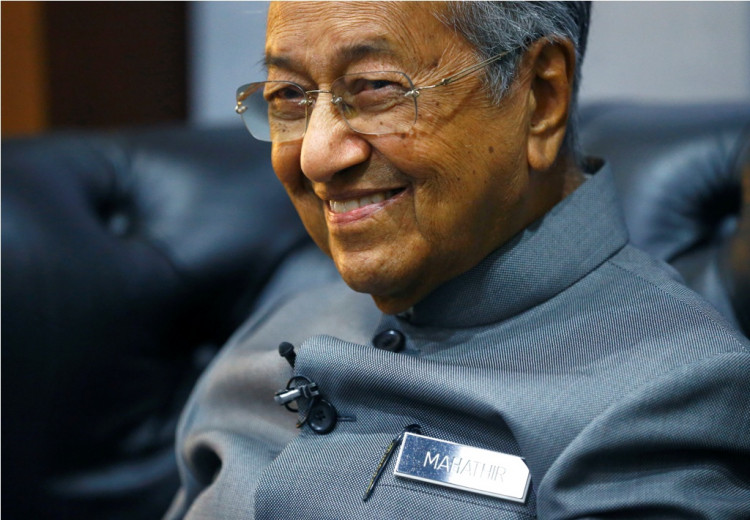The World Bank is optimistic of recent developments in the East Coast Rail Link (ECRL) project that Malaysia and China agreed to revive. The finance leader said the project, along with the revival of Bandar Malaysia projects, can help spur development in Malaysian economic growth.
According to The Malaysian Insight, the World Bank is hopeful and positive of the ECRL's revival as it could have a significant effect on driving the Malaysian economy forward. The bank's comments came amid increasing concerns over the country's economic decline.
To further prove its approval of the project, the World Bank retained its 2019 gross domestic product (GDP) forecast for Malaysia at 4.7 percent. Lead Economist for Malaysia Richard Record said spending among households will be a key driver in economic growth.
Record also revealed that the World Bank is expecting Malaysia to reach high-income status by 2024, The Star reported. There could still be downside risks to the country's economy, Record clarified but if developments are displayed within the next months, risks could be curbed.
Other economic experts have also expressed optimism over enhanced ties between China and Malaysia after Prime Minister Tun Dr. Mahathir Mohamad decided to revive the ECRL project under budget-cut conditions.
According to Ngeow Chow-Bing and Kuik Cheng-Chwee's op-ed on the New Straits Times, Mahathir's arrival in Beijing to attend the second Belt and Road Forum may pave the way for a fourth breakthrough in the China-Malaysia relations that was started in 1974 by then PM, Tun Abdul Razak Hussein.
The outlet noted that Mahathir's previous decision to halt the ECRL project was due to his disagreement with the financing model. However, Mahathir did not deliberately say he was against the Belt and Road Initiative. Instead, his attendance in this year's summit could be translated as an approval, analysts suggested.
Other economic experts further suggested that Mahathir's renegotiation strategy with Beijing regarding the ECRL and Bandar Malaysia projects could send a message to other countries on how they should negotiate terms with China without triggering disputes.
The ECRL deal was stalled in 2017 and has since been forgotten by some people. However, Mahathir recently agreed to put the project back on track after China expressed willingness to cut the budget. From $16 billion in the earlier deal, the project has now been tagged at $10.7 billion.
Bankers with knowledge of the reawakened ECRL deal between China and Malaysia said the project is being developed under "gold-plated terms," thwarting previous accusations that Beijing's BRI lacks transparency.






